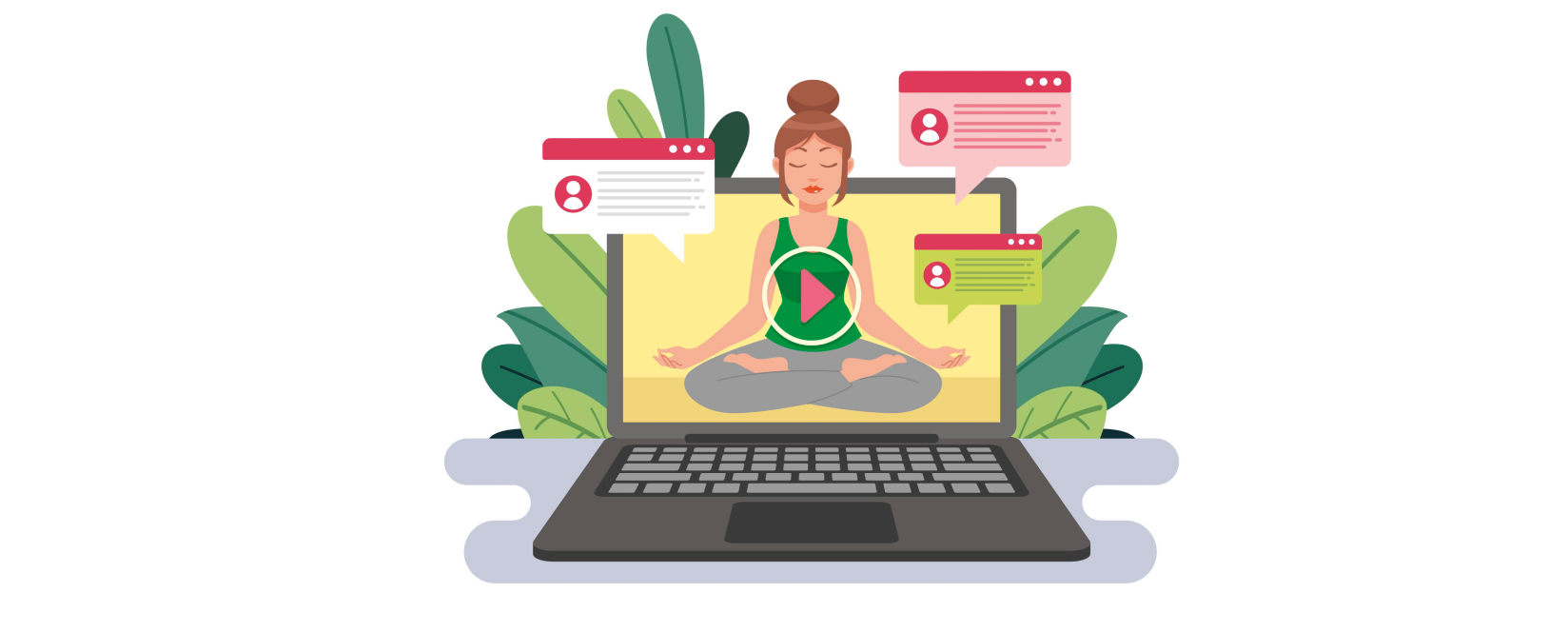
Digital Detox: Reclaiming Your Life from Screens
Why a Digital Detox is Necessary
Spending excessive time on digital devices can have negative effects on our well-being:
✅ Mental Fatigue: Constant notifications and information overload can exhaust the brain.
✅ Sleep Disruptions: Blue light from screens interferes with melatonin production, affecting sleep quality.
✅ Increased Stress & Anxiety: Social media comparisons and online negativity can impact mental health.
✅ Reduced Productivity: Frequent phone checking lowers focus and efficiency.
✅ Weakened Relationships: Too much screen time can take away from real-life conversations and bonding.
By taking a break from screens, we regain control over our time, focus, and emotional well-being.
Signs You Need a Digital Detox
Wondering if you should step back from screens? Here are some signs that indicate a need for a digital detox:
- You instinctively check your phone first thing in the morning and before bed.
- You feel drained or anxious after scrolling through social media.
- You struggle to focus on tasks without checking notifications.
- You experience eye strain, headaches, or sleep disturbances.
- You feel disconnected from the people around you due to excessive screen time.
If any of these sound familiar, it’s time to consider a digital reset.
How to Start a Digital Detox
A digital detox doesn’t have to be extreme—it’s about making mindful changes. Here are some practical steps to help you unplug:
1. Set Screen-Free Hours
Dedicate specific times during the day when you completely avoid screens. Examples:
🕘 No screens 30 minutes after waking up and before bedtime.
🍽️ Keep mealtime phone-free to enjoy real conversations.
🎧 Use downtime for reading, music, or mindfulness instead of scrolling.
2. Turn Off Non-Essential Notifications
Frequent notifications keep pulling us back to screens. Disable unnecessary alerts from apps, emails, and social media to reduce distractions.
3. Use a Real Alarm Clock
Avoid using your phone as an alarm clock—it often leads to endless scrolling in bed. Invest in a traditional alarm to start your day without distractions.
4. Create a “Tech-Free” Zone
Designate certain areas of your home as screen-free zones (e.g., the bedroom or dining area) to promote better rest and quality time with loved ones.
5. Limit Social Media Usage
Try reducing time spent on social media by:
📉 Using screen time tracking apps to monitor usage.
⏳ Setting a daily time limit for social media apps.
📵 Having a social media-free day once a week.
6. Engage in Offline Activities
Replace screen time with enjoyable offline activities:
📚 Read a book instead of scrolling.
🌿 Spend time in nature—go for a walk, hike, or just sit outside.
🎨 Try a hobby like painting, journaling, or playing an instrument.
🧘♀️ Practice mindfulness, meditation, or deep breathing exercises.
7. Try a Digital Detox Challenge
Challenge yourself to a 24-hour or weekend digital detox. Use this time to reconnect with yourself, engage in meaningful activities, and experience life without distractions.
The Benefits of a Digital Detox
A successful digital detox brings incredible benefits to your well-being:
✔ Improved Focus & Productivity: Less screen time means fewer distractions and better concentration.
✔ Better Sleep Quality: Reduced screen exposure before bed leads to deeper, more restful sleep.
✔ Lower Stress Levels: Disconnecting from digital noise helps calm the mind.
✔ Stronger Relationships: More face-to-face interactions enhance communication and bonding.
✔ Increased Mindfulness: Being present in the moment leads to greater happiness and contentment.
Final Thoughts: Balance is Key
Technology is a wonderful tool, but too much of it can take a toll on our well-being. A digital detox is about creating a balance that allows us to enjoy technology without feeling controlled by it.
Take small steps today—unplug, breathe, and reconnect with the world beyond the screen. Your mind and body will thank you!